Handling Medical Emergencies During A Hurricane
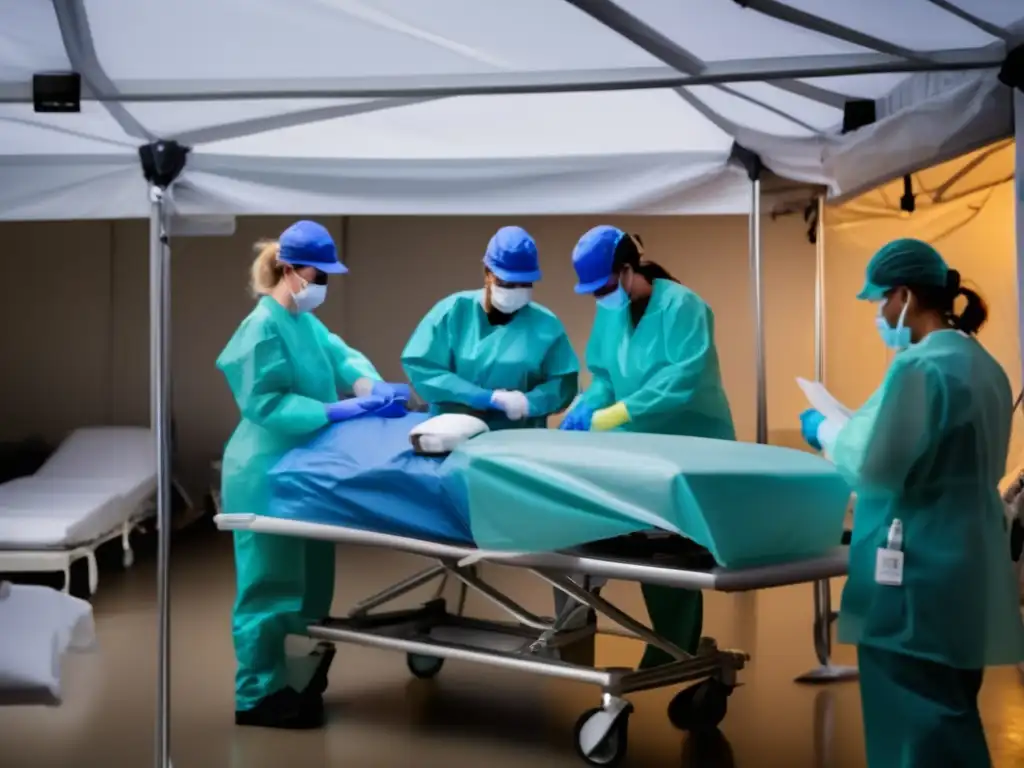
Handling Medical Emergencies During a Hurricane
Introduction
When hurricanes strike, they bring with them a host of dangers and risks. In addition to the destruction caused by high winds and floodwaters, hurricanes can also cause medical emergencies that require immediate attention. The key to handling medical emergencies during a hurricane is preparation. By understanding the risks and taking appropriate measures, you can reduce the likelihood of injury and illness and increase your chances of getting help if needed. In this article, we will discuss some of the most common medical emergencies that can occur during a hurricane and provide tips on how to handle them.
Hypothermia

What is Hypothermia?
Hypothermia occurs when the body's temperature drops below normal levels. This can happen when exposed to cold temperatures or when wet for prolonged periods of time. During a hurricane, people may be exposed to cold and wet conditions for extended periods, putting them at risk for hypothermia.
Symptoms of Hypothermia
Symptoms of hypothermia include shivering, confusion, slurred speech, drowsiness, and loss of coordination. In severe cases, hypothermia can lead to unconsciousness and even death.
How to Handle Hypothermia
If you suspect someone is suffering from hypothermia, it's important to get them out of the cold and into a warm and dry environment immediately. Remove wet clothing and cover them with warm blankets or clothing. If they are conscious and able to swallow, give them warm liquids like soup or tea. Seek medical attention as soon as possible, as hypothermia can be life-threatening.
Cuts and Lacerations
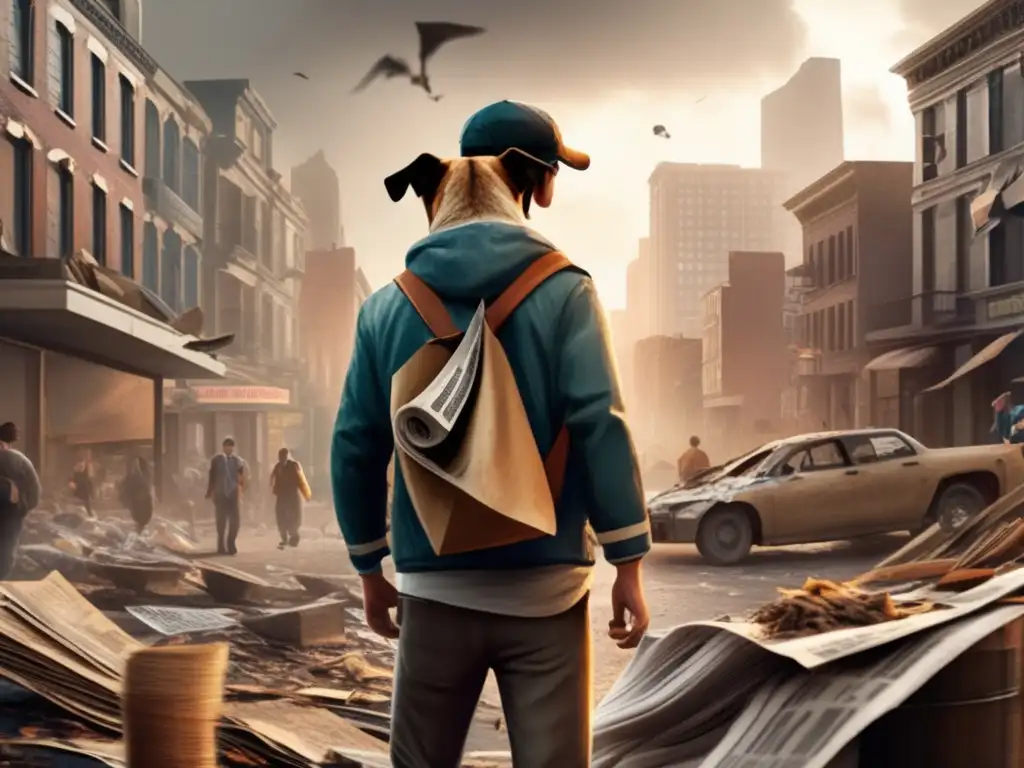
What are Cuts and Lacerations?
Cuts and lacerations are injuries that occur when the skin is cut or torn. During a hurricane, flying debris can cause cuts and lacerations, and floodwaters can also contain sharp objects that can cause injury.
Symptoms of Cuts and Lacerations
Symptoms of cuts and lacerations include bleeding, pain, and swelling. In some cases, the wound may become infected, leading to fever, redness, and swelling around the wound.
How to Handle Cuts and Lacerations
If someone has a cut or laceration, it's important to clean the wound and stop the bleeding as soon as possible. Use a clean cloth or bandage to apply pressure to the wound until the bleeding stops. Clean the wound with soap and water, and cover it with a sterile bandage. If the wound is deep or wide, or if it shows signs of infection, seek medical attention immediately.
Burns
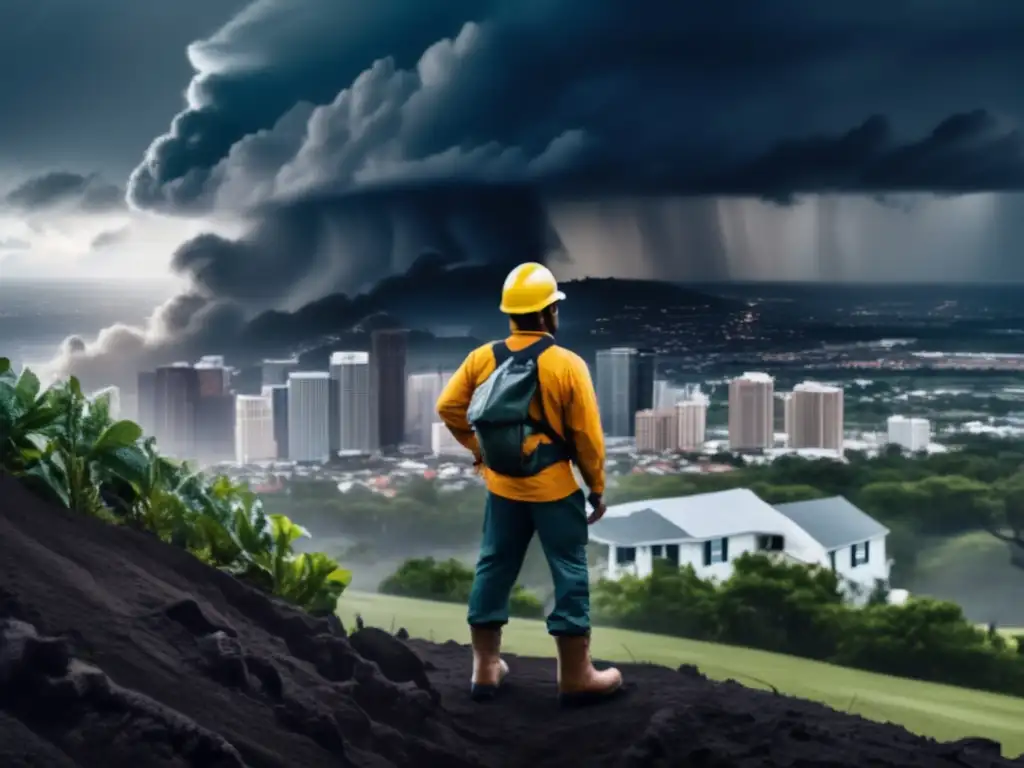
What are Burns?
Burns are injuries that occur when the skin is exposed to heat, chemicals, electricity, or radiation. During a hurricane, people may be exposed to open flames from gas leaks and downed power lines, increasing their risk for burns.
Symptoms of Burns
Symptoms of burns include redness, swelling, blistering, and pain. Severe burns can lead to shock, which is a life-threatening condition.
How to Handle Burns
If someone is burned, it's important to remove them from the source of the burn and cool the affected area with cool water or a cool compress. Cover the burn with a sterile bandage or clean cloth. Do not apply butter, oil, or other ointments to the burn, as this can make it worse. Seek medical attention if the burn is severe or covers a large area of the body.
Dehydration

What is Dehydration?
Dehydration occurs when the body loses more fluid than it takes in. During a hurricane, people may not have access to clean drinking water, increasing their risk for dehydration.
Symptoms of Dehydration
Symptoms of dehydration include thirst, dry mouth and throat, dark urine, dizziness, fatigue, and confusion.
How to Handle Dehydration
If someone is dehydrated, it's important to give them plenty of fluids. Water is best, but if it's not available, sports drinks without caffeine or alcohol can also help. Avoid sugary or caffeinated beverages, as they can make dehydration worse. Seek medical attention if the person is severely dehydrated or shows signs of heat stroke.
Frequently Asked Questions

-
How can I prepare for medical emergencies during a hurricane?
You can prepare for medical emergencies during a hurricane by stocking up on first aid supplies, having a plan for getting medical help, and staying informed about weather conditions.
-
What should I do if someone has a heart attack during a hurricane?
If someone has a heart attack, call 911 immediately. If possible, start CPR until help arrives.
-
How can I protect myself from hypothermia during a hurricane?
You can protect yourself from hypothermia during a hurricane by wearing warm and dry clothing, staying out of the wind and rain, and avoiding prolonged exposure to cold and wet conditions.
-
What should I do if someone is choking during a hurricane?
If someone is choking, perform the Heimlich maneuver. If the person becomes unconscious, start CPR immediately.
-
How can I avoid cuts and lacerations during a hurricane?
You can avoid cuts and lacerations during a hurricane by staying indoors during the storm, avoiding contact with sharp objects, and wearing protective clothing if you have to go outside.
Conclusion
Handling medical emergencies during a hurricane requires preparation, knowledge, and quick thinking. By understanding the risks and taking appropriate measures, you can increase your chances of staying safe and getting help if needed. Remember to stock up on first aid supplies, have a plan for getting medical help, and stay informed about weather conditions. With these precautions in place, you can weather any storm.
If you have any additional tips or experiences dealing with medical emergencies during hurricanes, share them in the comments section below. We encourage all our readers to engage with hurricaneinsider.org, whether by subscribing, sharing our articles on social media, or other forms of participation. Thank you for reading!
Additional Resources
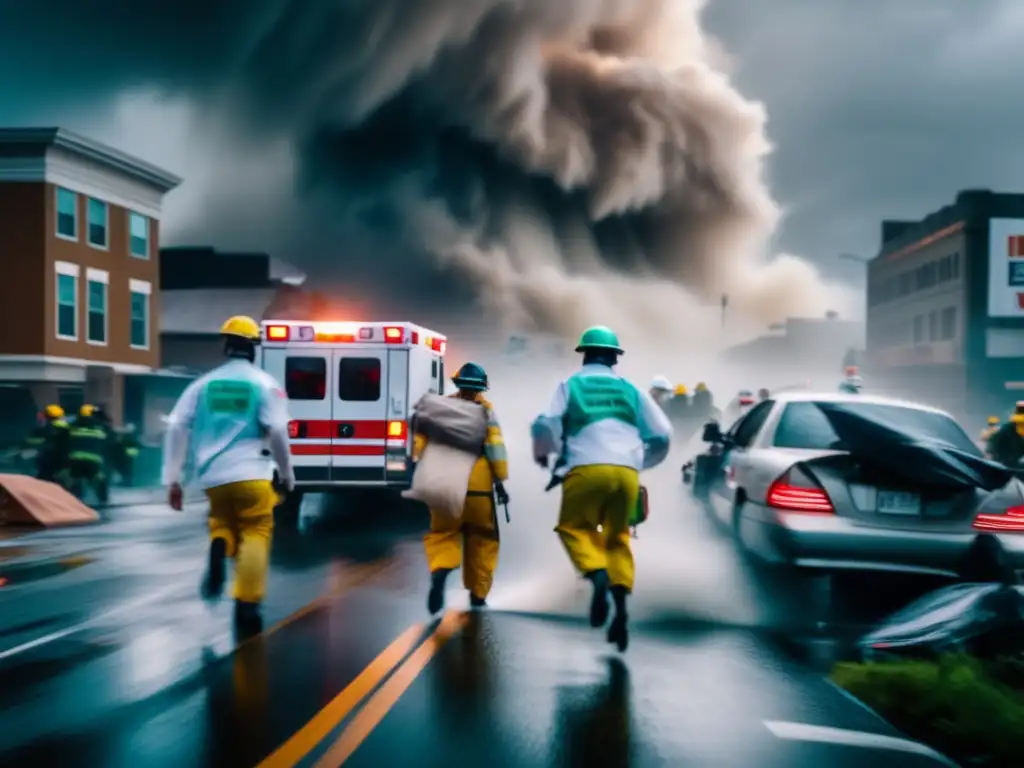
For more information on hurricane safety, visit the following resources:
 Apartment Living: How To Assist Neighbors During A Hurricane
Apartment Living: How To Assist Neighbors During A Hurricane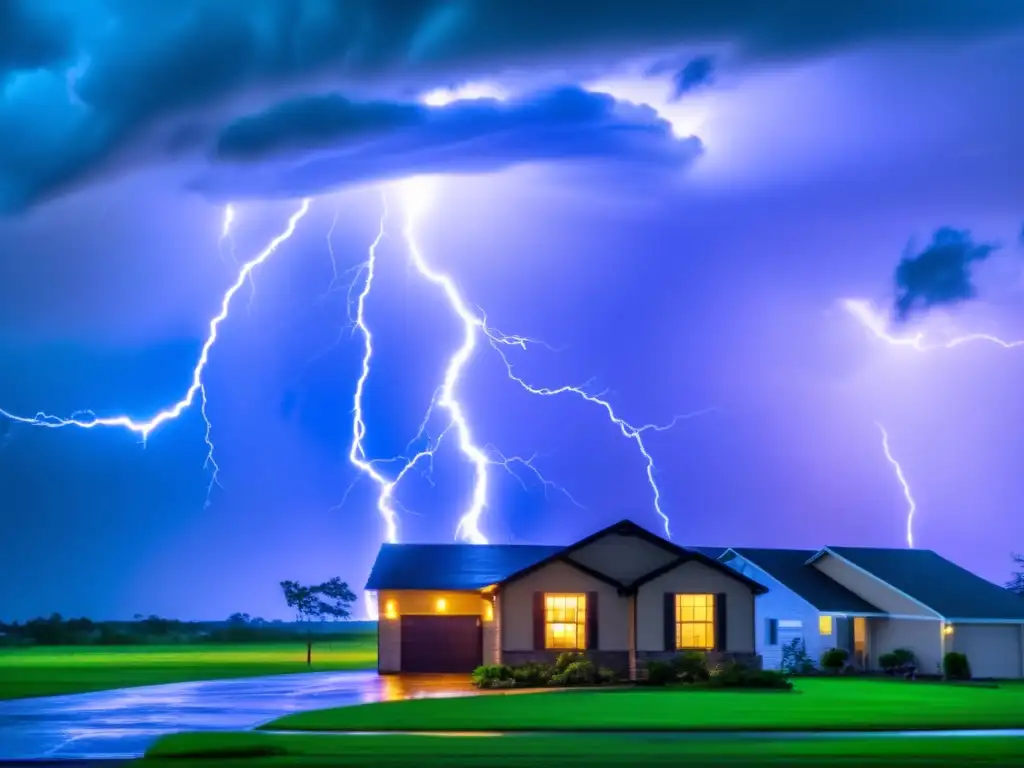 Utilizing Technology For Safety During A Hurricane
Utilizing Technology For Safety During A Hurricane When The Roof Blows Off: What To Do In A Major Home Breach
When The Roof Blows Off: What To Do In A Major Home BreachIf you want to discover more articles similar to Handling Medical Emergencies During A Hurricane, you can visit the During the hurricane: category.
Leave a Reply

Articulos relacionados: